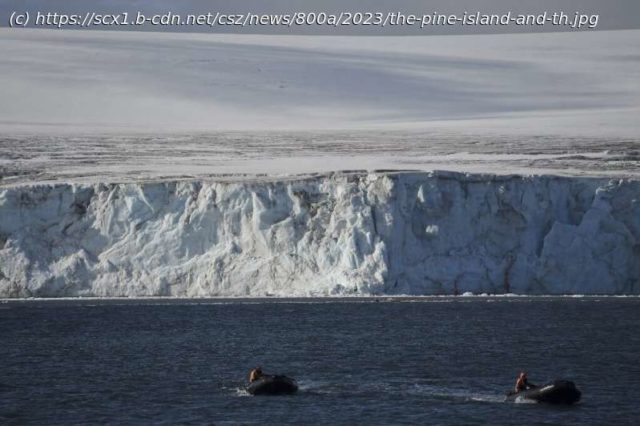The runaway collapse of the West Antarctic Ice Sheet—which would trigger catastrophic sea level rise—is not «inevitable», scientists said Monday following research that tracked the region’s recent response to climate change.
The runaway collapse of the West Antarctic Ice Sheet—which would trigger catastrophic sea level rise—is not «inevitable», scientists said Monday following research that tracked the region’s recent response to climate change.
As global temperatures rise, there is mounting concern that warming could trigger so-called tipping points that set off irreversible melting of the world’s massive ice sheets and ultimately lift oceans enough to drastically redraw the world map.
New research published Monday suggests a complex interaction of factors affecting the melting of the West Antarctic Ice Sheet, which is home to the enormous and unstable Pine Island and Thwaites glaciers—nicknamed the «Doomsday glacier»—that together could raise global sea levels by more than three meters (10 feet).
Using satellite imagery as well as ocean and climate records between 2003 and 2015, an international team of researchers found that while the West Antarctic Ice Sheet continued to retreat, the pace of ice loss slowed across a vulnerable region of the coastline.
Their study, published in the journal Nature Communications, concluded that this slowdown was caused by changes in ocean temperatures that were caused by offshore winds, with pronounced differences in the impact depending on the region.






